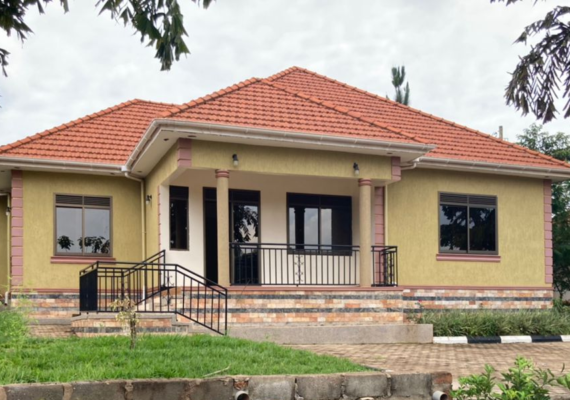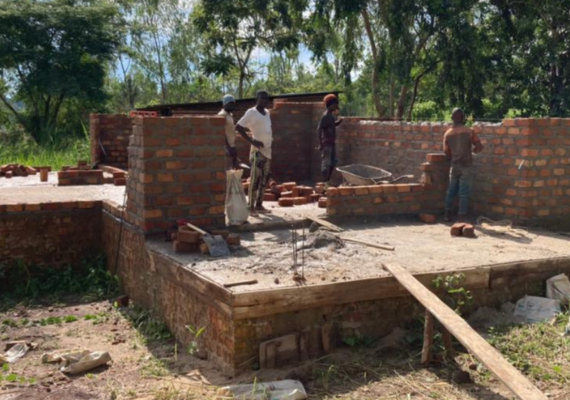Innovations in land finance
Incremental housing process
Land | Basic services | Basic house | House upgrading |
-Genuine title | -Water | -Substructure | -Plastering |
A journey of a thousand miles begins with a single step. In the same respect, owning a home starts with land acquisition. Uganda’s relatively high construction and mortgage finance cost – coupled with limited income, disables the typical low to middle-income family’s ability to buy a complete home. A realistic journey is to purchase land and build incrementally. As such, special attention needs to be directed to land acquisition finance.
Land buyers are wary of obtaining loans from traditional financial institutions because of the related stringent loan underwriting processes, ignorance, high-interest rates, and fear of default. In the majority of cases, the prospective clients have informal/unstable income. The clients typically look to land developers for flexible payment terms. Developers usually request clients to deposit a negotiated amount of money and provide them “owner financing” where the balance is paid within an agreed period. However, owner financing severely constrains land developers’ cash flows as they wait for the clients to complete their payments.
Land developers can overcome the pitfalls of owner financing by partnering with or creating separate nontraditional financial institutions/funds that can underwrite related land loans. That way, the land developer is paid for the land by the fund and uses the cash flow to develop new sites. The underwriting fund retains the land as collateral and earns interest income until the loan is paid.
Partnerships between financial institutions and developers are vital to create appropriate optimized land loan products to ease access to financing. The costs typically incurred by a customer while seeking a land loan from a bank include arrangement, title search, survey and valuation, legal, and mortgage payments.
A summation of the fees results in a total proportionately higher than a bank customer who wants to take an unsecured loan to finance consumption expenditure. Conversations should be had between genuine land developers and traditional financial institutions to have plots available for sale pre-valued, searched, surveyed, and valued to expedite and reduce the loan underwriting cost.
Traditional financial institutions typically finance 60 to 70 percent of the market value of land – a significant impediment. A few banks have recently revised this percentage to 90% to ease their clients’ ability to purchase land.
Authored by Jaffar Tonda, CEO Mugavu Properties – a leading real estate developer focusing on incremental housing.



